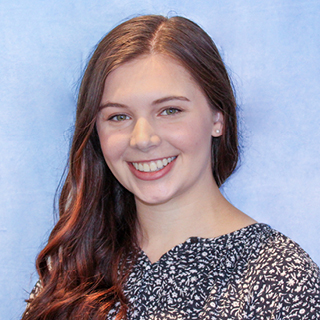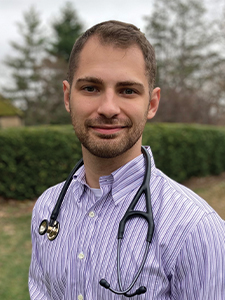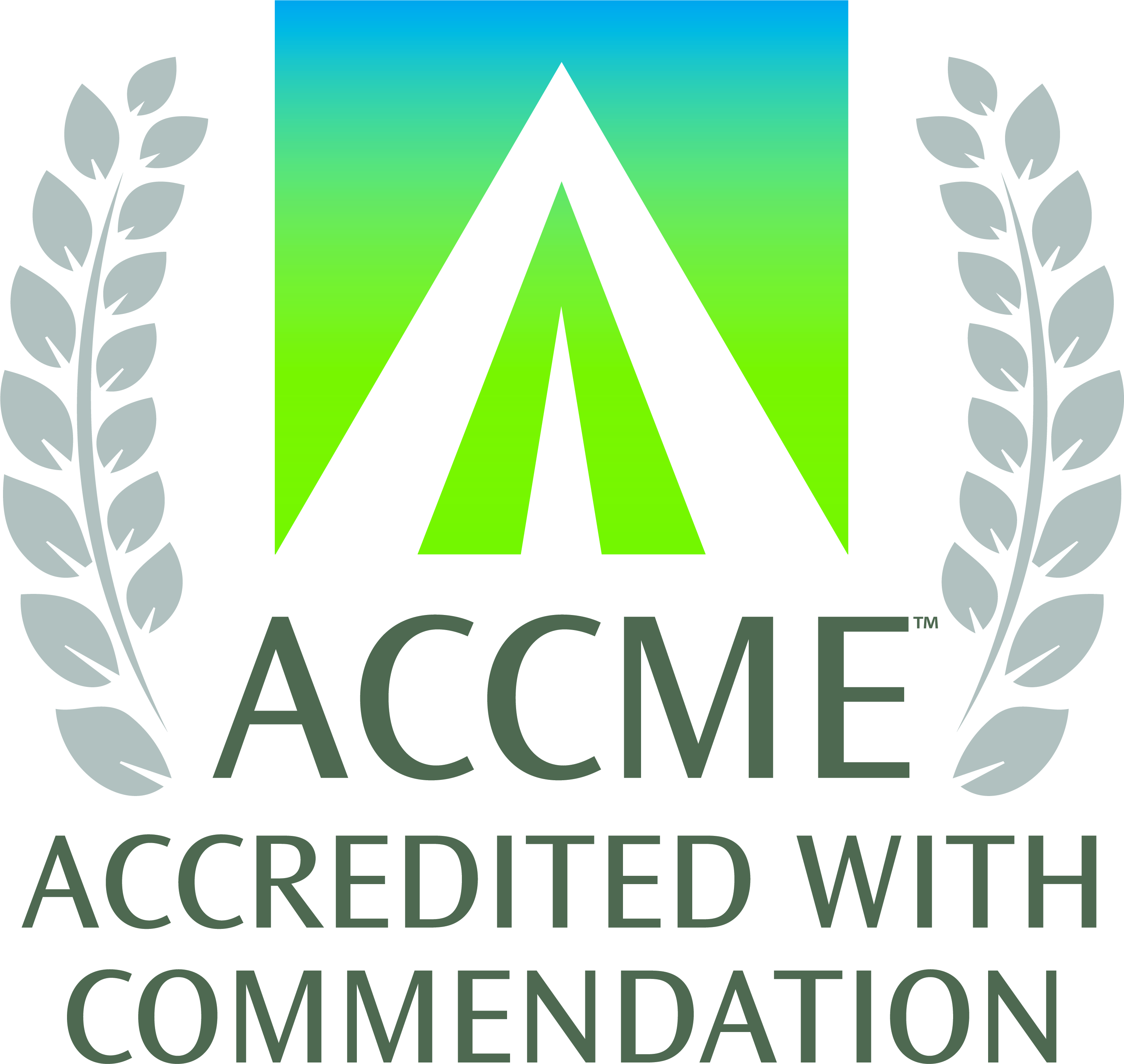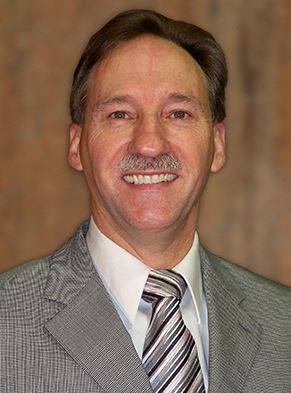Fascial Distortion Model: Spine, Ribs, and Sacral Pelvis

Registration |
|---|
|
Target Audience
This workshop is open to all licensed healthcare practitioners. Medical students may attend with written permission from their faculty advisor. Message therapists are not permitted.
What is the Fascial Distortion Model
The Fascial Distortion Model (FDM) is an anatomical perspective originated by US physician Stephen Typaldos, D.O., in which “the underlying etiology of virtually every musculoskeletal injury (and many neurological and medical conditions) is considered to be comprised of one or more of six specific pathological alterations of the body’s connective tissues (fascial bands, ligaments, tendons, retinacula, etc.). As a model, the FDM is an abbreviated interpretation of the pathology of fascial injuries and contemplates the structural consequences of orthopedic, medical, surgical, and manipulative interventions.”
There are six principal types of fascial distortions, each with its body language, signature presentation, and likely outcome with and without Fascial Distortion Model treatments. Some common injuries that are quickly resolved with FDM manual treatments include pulled muscles and muscle tears, sprained ankles, shin splints, Osgood-Schlatter Disease, whiplash, headaches, shoulder pain, frozen joints, kidney stones, plantar fasciitis, sprains, strains, and tendonitis, and low back pain. Chronic pain can also be successfully treated using the FDM, but results typically take longer than acute injuries. This model can also successfully treat Sciatica, carpal tunnel syndrome, and many other injuries. In the FDM approach, treatment is directed into the specific anatomical distortions of the capsule, ligaments, and surrounding fascia, physically reversing them. When the fascial distortions are corrected, the anatomical injury no longer exists; the patient can resume normal function and is pain-free.
In its most narrow application, the Fascial Distortion Model is a competitive and effective method of envisioning and treating a wide range of musculoskeletal injuries. However, the broader implications of FDM are that it offers anatomical insight (and thus predictability) into other current treatment methods and, hopefully, in the future, will stimulate the development of even more effective medications, surgical procedures, and manipulative therapies.
Description
The FDM workshop covers extensive diagnosis and treatment of the neck, back, and hips. Practicum time is integral to this course, providing practitioners with effective diagnosis and treatment tools for treating low back pain, sciatica, and other back, neck, and hip injuries. Each distortion and the likely outcomes with and without treatment are defined and explained. Extensive hands-on time is an integral part of this course. This course highlights the diagnosis and treatment of spine, sacrum, and pelvis injuries, with plenty of supervised practicum time so that clinicians can return to their offices with skills they can immediately utilize.
Learning Objectives
- From an anatomic perspective, explain the basic understanding of the Fascial Distortion Model (FDM).
- Describe the six principal types of facial distortions.
- Utilize FDM in your clinical practice.
Pre-Workshop Training Lecture
To ensure adequate preparation for the workshop, all learners must complete a four-hour online training lecture before participating in the hands-on portion of the course. This mandatory content will be accessible by April 11, 2025, and must be viewed in full by April 23, 2025. Please note that failure to complete the pre-workshop lecture will result in removal from the hands-on training, with no refund provided. Continuing education credit will be awarded for completion of the pre-workshop lecture.
Agenda
The agenda is in Central Time and is subject to change.
| Saturday, April 26, 2025 | |
|---|---|
| 8:00 am | Registration and Breakfast |
| 8:30 am | Fascial Distortions and Hands-On Treatments: Triggerbands and Herniated Triggerpoints |
| 9:45 am | Break |
| 10:00 am | Fascial Distortions and Hands-On Treatments: Continuum Distortions and Folding Distortions |
| 11:00 am | Inversion Table Treatments |
| 12:00 pm | Lunch |
| 12:45 pm | Fascial Distortions and Hands-On Treatments: Cylinder Distortions and Tectonic Fixations |
| 2:45 pm | Break |
| 3:00 pm | Diagnosis and Hands-On Treatment of the Lumbar Spine |
| 4:15 pm | Inversion Table Treatments |
| 5:00 pm | Adjourn |
| Sunday, April 27, 2025 | |
|---|---|
| 7:30 am | Breakfast |
| 8:00 am | Diagnosis and Hands-On Treatment of the Thoracic Spine |
| 10:15 am | Break |
| 10:30 am | Diagnosis and Hands-On Treatment of the Cervical Spine |
| 12:00 pm | Lunch |
| 12:45 pm | Diagnosis and Hands-On Treatment of the Sacral Pelvis |
| 2:45 pm | Break |
| 3:00 pm | Diagnosis and Hands-On Treatment of the Ribs |
| 4:15 pm | The Future of the Fascial Distortion Model |
| 5:00 pm | Adjourn |

Des Moines University’s campus, located at 8025 Grand Avenue in West Des Moines, Iowa, offers an impressive 88 acres, providing ample space for growth and innovation. State-of-the-art facilities cater to the evolving needs of students and faculty, fostering an exceptional learning and research environment.
Instructor
Byron Perkins, DO
Dr. Perkins graduated from the University of Health Sciences, College of Osteopathic Medicine in Kansas City, MO, in 1984. He interned at Oklahoma Osteopathic Hospital in Tulsa and completed a residency in Osteopathic Family Practice at Doctor’s Hospital in Columbus, Ohio. Board-certified in Osteopathic Family Medicine, his current practice focuses on primary care, mental health, wellness, musculoskeletal injuries, and Osteopathic Manipulative Treatment. Dr. Stephen Typaldos, DO, introduced him to the Fascial Distortion Model in 2004 and was a founding member of the American FDM Association in 2007. He is a certified FDM Instructor and has traveled extensively teaching the FDM in Africa, Europe, Japan, Mongolia, and the US.
His current affiliations include the Alaska Osteopathic Medical Association, the Alaska State Medical Association, the American College of Osteopathic Family Physicians, the American Fascial Distortion Model Association, and the American Osteopathic Association. He serves on the Board of Directors at Northwest University in Kirkland, WA. He is a part-time teaching faculty member at the Providence Alaska Family Medicine Residency in the OMT Clinic. He maintains teaching appointments with several Osteopathic Colleges of Medicine and precepts medical students in Osteopathic Principles and Practice at Cornerstone Clinic.
Dr. Perkins is an osteopathic physician who thoroughly enjoys his work. He values the opportunity to train others in the Fascial Distortion Model. He is gifted in teaching and is sought out by students and physicians for hands-on training in osteopathic medicine. Dr. Perkins is passionate about treating the whole person, mind, body, and spirit. He is thankful for the opportunity to practice medicine and the gift he has received in the osteopathic profession. He says, “Helping others is one of life’s greatest blessings and most meaningful rewards."
Table Trainers

Lauren Hartwell, DO
Dr. Lauren Hartwell is a Family Medicine resident physician at Broadlawns Medical Center in Des Moines, Iowa. She received her medical degree and completed her Osteopathic Manipulative Medicine Pre-Doctoral Fellowship at Des Moines University College of Osteopathic Medicine. She completed modules 1, 2, and 3 of the Fascial Distortion Model as a medical student and frequently incorporates it into her clinical practice appointments. Dr. Hartwell currently practices full-spectrum family medicine, including outpatient medicine, inpatient medicine, obstetrics, newborn care, and osteopathic manual medicine. She serves as the resident representative on the IACOFP and Iowa Family Medicine Residency Council.

Sarah Parrott, DO, FAAFP
Dr. Parrott is chair of the Department of Primary Care at Des Moines University Medicine (DMU) and Health Sciences, which includes family medicine, internal medicine, and osteopathic manipulative medicine. She graduated from DMU in 2002 and completed a family medicine residency at the University of Kansas. Before returning to DMU in October 2020, she taught at the University of Kansas College of Medicine for 11 years. Dr. Parrott uses FDM when appropriate on her patients and is a huge fan of the modality.

Spencer Randazzo, DO, FDM-IC
Dr. Spencer Randazzo is a Saint Luke’s Family Medicine Residency Program resident and is expected to graduate in June 2025. He earned his Doctor of Osteopathic Medicine degree from Des Moines University in 2022. Dr. Randazzo is internationally certified in the Fascial Distortion Model (FDM) and serves on the FDM Board of Directors. Additionally, he has served as a table trainer for the FDM Academy and was selected to present at the 2024 FDM World Congress.
In his practice, Dr. Randazzo enjoys working with a range of patient concerns, including mental health, musculoskeletal injuries, primary care, and integrative medicine. He completed a 200-hour Integrative Medicine in Residency certificate through the Andrew Weil Center for Integrative Medicine during his residency. He is passionate about utilizing osteopathic manual medicine, specifically FDM, to enhance patient care and outcomes. Dr. Randazzo is dedicated to delivering comprehensive, patient-centered care and advancing the integration of osteopathic and conventional medicine in family practice.
Accreditation Statements
- MD: This activity has been planned and implemented in accordance with the accreditation requirements and policies of the Iowa Medical Society (IMS). Des Moines University Medicine and Health Sciences (DMU) is accredited by the IMS to provide continuing medical education for physicians. DMU designates this live activity for 19.0 AMA PRA Category 1 Credit(s)™. Physicians should claim only the credit commensurate with the extent of their participation in the activity.
- DO: Des Moines University Medicine and Health Sciences (DMU) is accredited by the American Osteopathic Association (AOA) to provide osteopathic continuing medical education for physicians. DMU designates this activity for a maximum of 19.0 AOA Category 1-A credits and will report CME and specialty credits commensurate with the extent of the physician’s participation in this activity.
- Nurses: Des Moines University Medicine and Health Sciences is Iowa Board of Nursing approved provider #112. This activity has been reviewed and approved for 19.0 continuing education contact hour(s). Nurses must attend the entire session to receive credit. Partial session credit is prohibited and will be forfeited.
- Other healthcare providers: This activity is designated for 19.0 AMA PRA Category 1 Credit(s)™.
 |  |
Educational Grants
No ineligible company provided financial support for this continuing education activity.
Disclosures
The speaker(s) will disclose if any pharmaceuticals, medical procedures, or devices discussed are investigational or unapproved for use by the U.S. Food and Drug Administration (FDA). The activity director is responsible for determining educational content and selecting speakers.
Relevant to the content of this educational activity, the following individual(s) have no conflict(s) with ineligible companies to disclose.
- Lauren Hartwell, DO - Table Trainer
- Sarah Parrott, DO, FAAFP - Activity Director and Table Trainer
- Byron Perkins, DO - Instructor
- Spencer Randazzo, DO, FDM-IC - Table Trainer
Disclaimer
The information provided in this activity is for continuing education purposes only. It is not a substitute for a healthcare provider's independent medical judgment regarding diagnostic and treatment options for a specific patient's medical condition.
Available Credit
- 19.00 AMA PRA Category 1 Credits™
- 19.00 AOA Category 1A
- 19.00 CE Contact Hour(s)
- 19.00 IBON
Price
Registration has closed.
CANCELLATION POLICY
- All cancellations must be received in writing at [email protected].
- A nonrefundable administrative fee of $50 will be charged for all cancellations.
- No refunds will be given three (3) business days before the activity start date.
- Canceled registrations can be transferred to another individual for the same activity.
- Individuals who fail to attend the activity (no-shows) will not receive any refund. Forfeited fees may not be applied to any other activity.

 Facebook
Facebook X
X LinkedIn
LinkedIn Forward
Forward

